5. Omkara (2006)
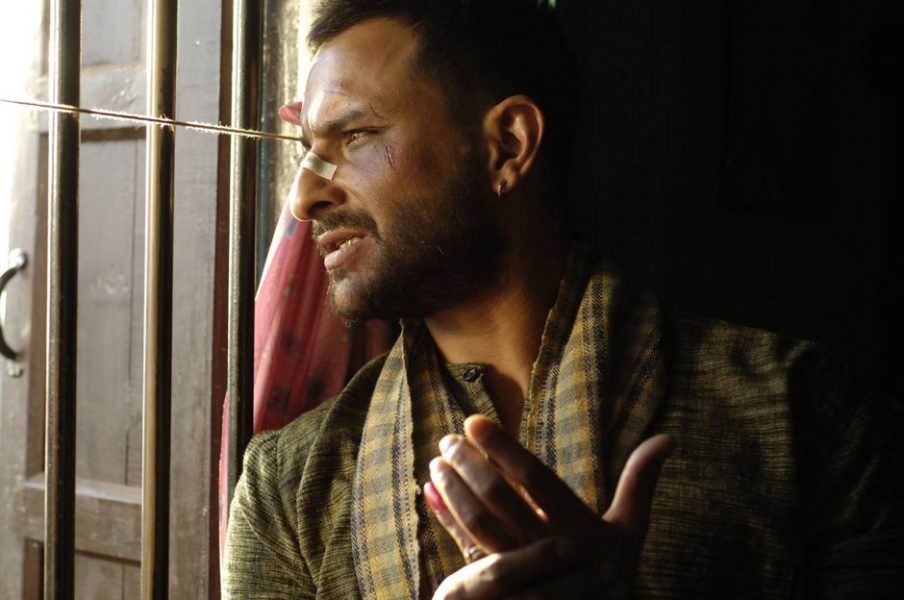
‘Omkara’ boasts of possessing one of the craftiest scripts ever written. Adapted from William Shakespeare’s masterpiece ‘Othello’, the Vishal Bhardwaj directed flick was praised for its firm script, dramatically choreographed sequences and the thematic repetition. With a humongous cast of talented actors, ‘Omkara’ moulds Shakespeare’s idea into a modern-day political environment of Meerut where a political enforcer’s erroneous trust in his lieutenant leads him to suspect his wife of adultery. The 2006 film masterfully adapted the dark undertones which symbolically reinvented the gruesome political rivalry of Uttar Pradesh.
The script, which is co-written by Vishal Bhardwaj and Robin Bhatt, permeates through every element in the film. Saif Ali Khan’s Ishwar ‘Langda’ Tyagi resonates of this. Based on the character of Iago, ‘Langda’ Tyagi echoes the inner demons suppressed within the human subconscious. The character portrayed relatable jealousy which corrupts all, but Khan’s mature understanding of the character does not make him the villain one would sympathise with. He is deceptive, over-ambitious and manipulative.
4. Black Friday (2007)
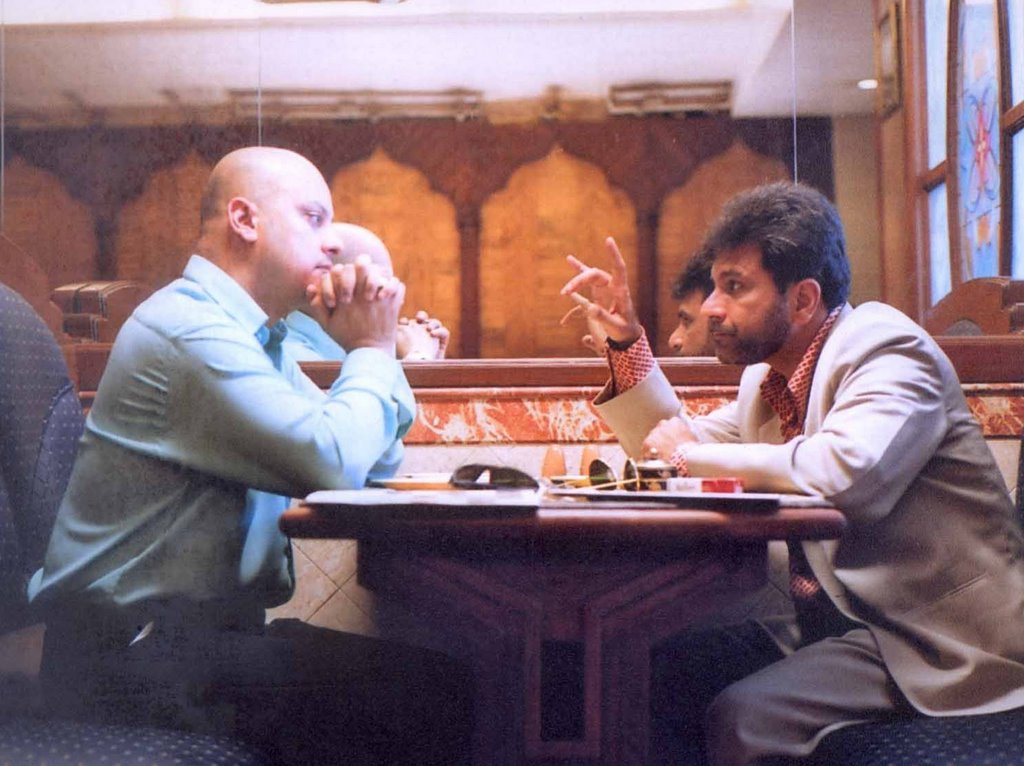
‘Black Friday’ is a gem of Indian cinema. Directed by the charismatic Anurag Kashyap, ‘Black Friday’ chronicles the arduous process and investigations following the horrendous 1993 serial Bombay bomb blasts, told through the different stories of the police, conspirators, victims, middlemen involved. At the heart of the film is the haunting performance of Pavan Malhotra. Essaying the role of Tiger Memon, who was the brains behind the terror coup, Malhotra oozed out of a charismatic a devilish functionality of a terrorist. What made his performance such an invigorating watch was his balance between the demonic mind and a calculated and calm demeanour.
3. Mother India (1957)
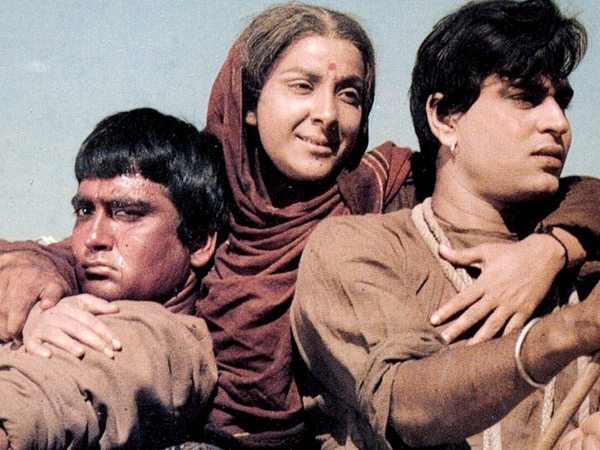
Considered as one of the greatest works in world cinema, ‘Mother India’ is the story of a poverty-stricken village woman named Radha, essayed by Nargis, who in the absence of her husband, struggles to raise her sons and survive against a cunning money-lender amidst many troubles. Despite her hardships, she sets on a journey of righteousness, morality and virtue, and breaks all odds.
The film teems with sadness and hopelessness, which are personified by Sunil Dutt’s Birju, who is Radha’s rebellious younger son. In a film where Mehboob Khan continually focuses on the Indian culture and its purity, the deceit of Birju is truly heartbreaking. With poverty and loss striking every path, Birju’s moral transgression breaks the moral creation perceived by the audience. His sly nature and ultimate fall into turning into a dacoit and aims at revenge.
2. Mr. India (1987)
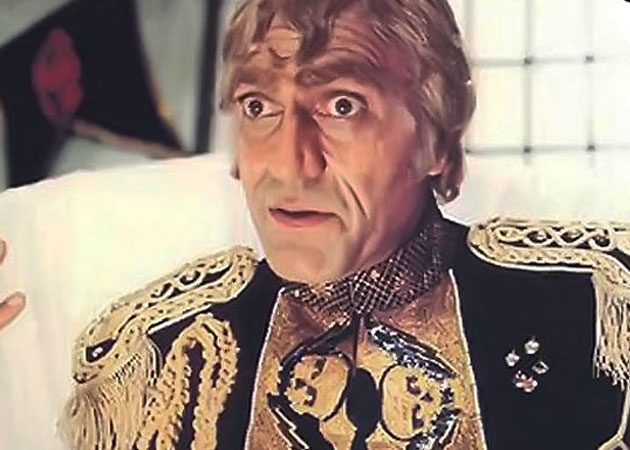
A cult classic, ‘Mr. India’ is the story of Arun Verma, a poor but big-hearted man who takes orphans into his home. His life completely changes when he discovers scientist father’s invisibility device and transforms into the titular Mr. India. He has to turn heroism when a megalomaniac plans to burn down India and take complete control of the country.
Anil Kapoor’s inspirational Mr. India is challenged by the hazardously over-ambitious Mogambo essayed by Amrish Puri. What makes Mogambo such an astounding adversary is that it is borderline cartoonish. The maniacal laugh and the seemingly cheesy dialogues is a throwback to Amjad Khan’s Gabbar Singh, who brilliantly balanced the two opposing sides. While Mogambo’s quirky look and military-inspired attire helped, Amrish Puri’s masterful grasp in understanding the megalomaniacal mind which makes him such an atrocious villain.
1. Sholay (1975)
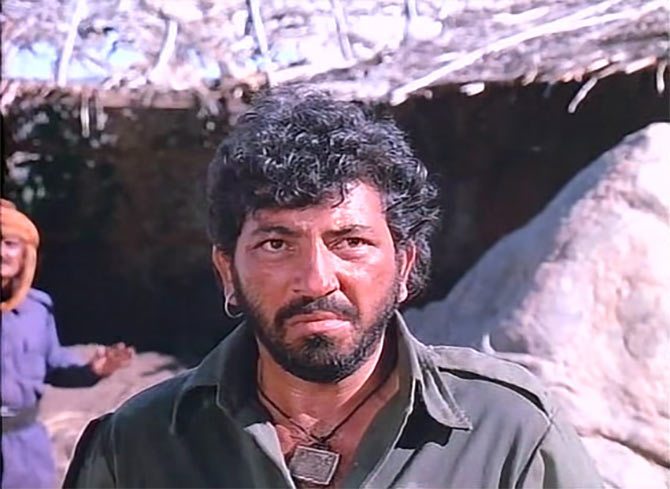
Advertised under the banner “The Greatest Star-Cast Ever Assembled!”, ‘Sholay’ is often said to be one of the best creations of Indian Cinema. With a mega cast of Dharmendra, Sanjeev Kumar, Hema Malini, Amitabh Bachchan, Jaya Bhaduri and Amjad Khan, the film is a masterpiece.
Shot in the rocky terrain of Ramanagara, the 1975 flick chronicles the endeavours of two criminals who are employed by a retired police officer to seize a merciless satanic dacoit. Directed by Ramesh Sippy, the film strikes a masterful stroke with nearly every element. The characters mould the film and hold its plot together. With the screenplay written by iconic duo Salim-Javed, the characters are impeccable, and they hold every theme with a tight grasp. The duo of Jai-Veeru played by Dharmendra and Amitabh Bachchan set an example of a strong bond shared by friends. The supporting cast was just brilliant. With Sanjeev Kumar as the battered Thakur, Hema Malini as the insanely bubbly Basanti and Jaya Bhaduri as the white-sari clad Radha, the film is teeming with unforgettable characters. However, the character which stands out the most is Amjad Khan as the manically comical Gabbar Singh.
What Amjad Khan manages to do is infuse the threat which looms over Ramgarh and the comedic nuances of a psycho. Throughout the narrative, Khan continually performs appalling acts – from chopping off Thakur’s hands to murdering young Ahmed to making Basanti dance – but then also evokes laughter in the most unexpected moments. Among a gamut of characters, Gabbar Singh acts as the foil to every bright hope.
Read More: Sexiest Movie Villains

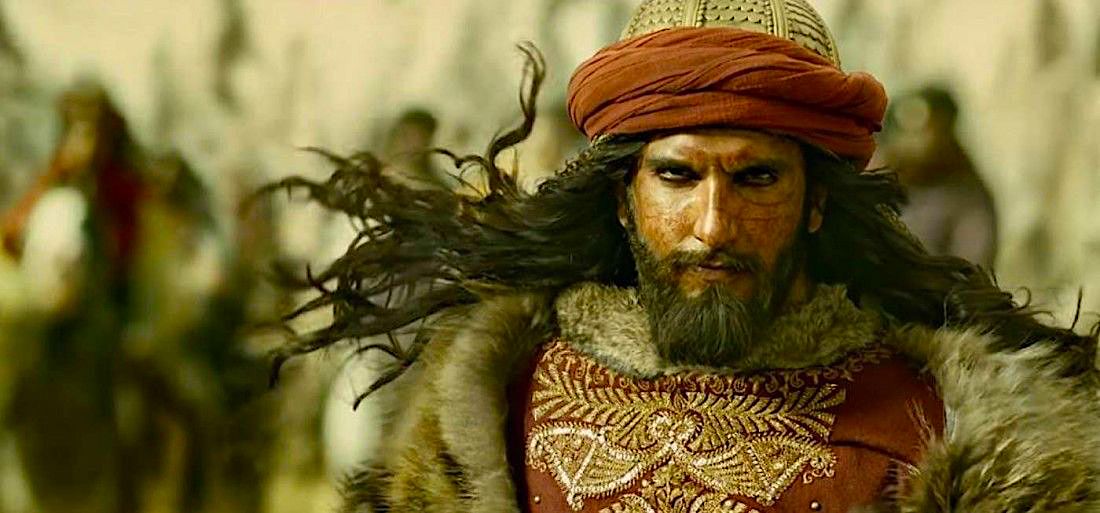
You must be logged in to post a comment.